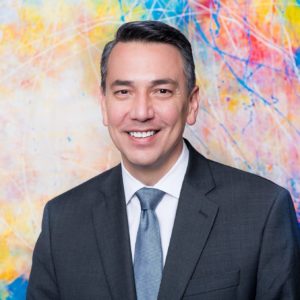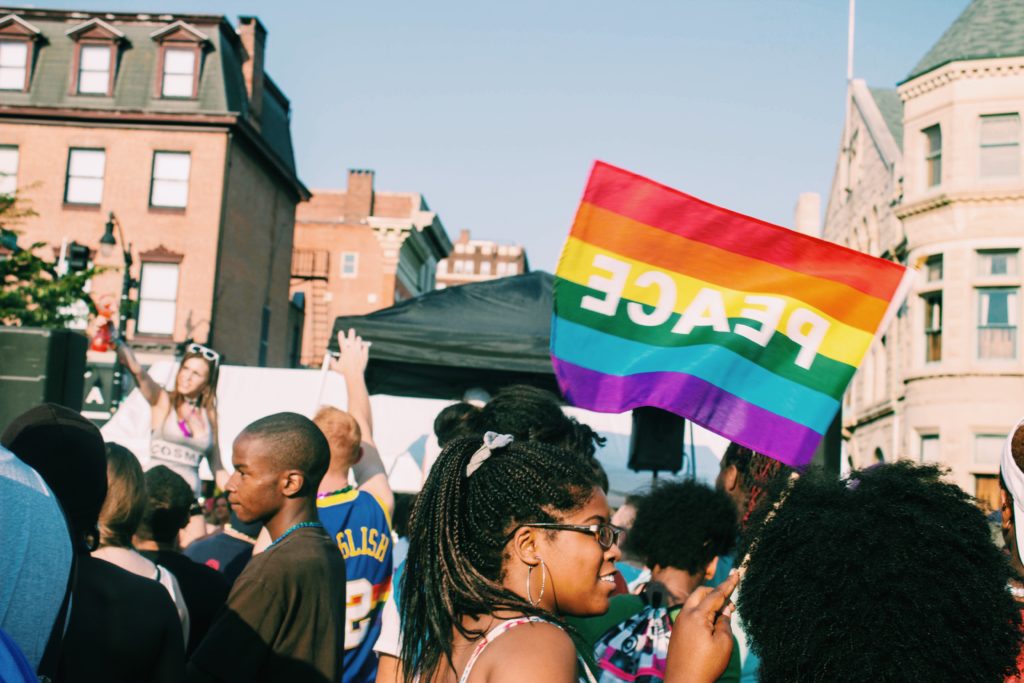 For this year’s Pride celebration, when community feels more important than ever, we have invited three colleagues to reflect on the past, present, and future of Pride and to offer their thoughts on the 50th anniversary of Pride events. We hope their reflections will help bring us together, to re-energize our movement, and inspire us to work toward ending oppression in all its forms. This piece is authored by Alan J. Dettlaff, Dean and Maconda Brown O’Connor Endowed Dean’s Chair at the University of Houston Graduate College of Social Work.
For this year’s Pride celebration, when community feels more important than ever, we have invited three colleagues to reflect on the past, present, and future of Pride and to offer their thoughts on the 50th anniversary of Pride events. We hope their reflections will help bring us together, to re-energize our movement, and inspire us to work toward ending oppression in all its forms. This piece is authored by Alan J. Dettlaff, Dean and Maconda Brown O’Connor Endowed Dean’s Chair at the University of Houston Graduate College of Social Work.
There is much to be celebrated on the 50th anniversary of the first Pride march in New York City following the Stonewall Riots. While there is more work to be done, the LGBTQ+ movement has made significant progress, and we now enjoy rights that we once thought we’d never see—and our movement will continue to grow and adapt.
Yet, although we have much to celebrate and be proud of, as we enter this Pride season, we are experiencing a time in history where we face near daily reminders of the ongoing and persistent injustices that continue in our society. In addition to the severe racial disparities that have been exposed by the COVID-19 pandemic, we awaken daily to stories of racist abuse hurled at people of color, murders of Black men by White vigilantes, and murders of innocent Black men and women at the hands of law enforcement. These stories combined with the ongoing crisis at the border, persistent racial injustice in the so-called criminal justice system, and the continually louder dog whistles used by our elected officials to incite racism and violence against people of color.
Each of these injustices is linked by the real threat we face in our society—White supremacy. This country was founded on the notion of the supremacy of White people, and over hundreds of years, our systems and our institutions have been developed to maintain that supremacy. The severe racial disparities we see in our systems are not accidents. They are evidence of these systems operating exactly the way they were intended. The criminal justice system over-arrests and over-incarcerates people of color, which is exactly what it was created to do. The child welfare system over-surveils and over-removes Black children from their families, which is exactly what its policies and structures have been designed to do. Confronting our history and understanding the challenges we face is key to addressing the injustice we see.
As we’ve been surrounded by injustice, I’ve been thinking often about what justice means. What is the justice we should be seeking? When a racist White woman gets fired from her job, this can feel like justice. But it isn’t. When the police officers responsible for the murders of innocent Black people are arrested, this can feel like justice. But it isn’t. These actions do nothing to prevent another White vigilante or police officer from murdering another Black man. These actions do nothing to prevent others from weaponizing the presumption of their own authority and calling the police on Black people without just cause.
As LGBTQ+ people, we have privileges and power we once thought would never be possible. We need to use all the power and privileges we’ve gained in the last 50 years to fight the racism and White supremacy that cause the greatest threats to our society. We need to use the privileges and power we’ve gained to fight against the systems that promote and maintain the oppression of people of color. Only when we work together to address the continued oppression that exists in our society can we enjoy any freedoms we’ve gained.
Read all of the reflections in the series:
- Pride 2020: Reflections on Past, Present, and Future, Bill Bettencourt, CSSP Senior Fellow
- Pride 2020: Centering Racial Justice, Nancy Polikoff, Professor Emerita American University Washington College of Law
- Pride 2020: Policies Over Labels, Bianca Wilson, the Rabbi Zacky Senior Scholar of Public Policy at the Williams Institute
- Pride 2020: Using Power and Privilege for Justice, Alan J. Dettlaff, Dean and Maconda Brown O’Connor Endowed Dean’s Chair at the University of Houston Graduate College of Social Work
